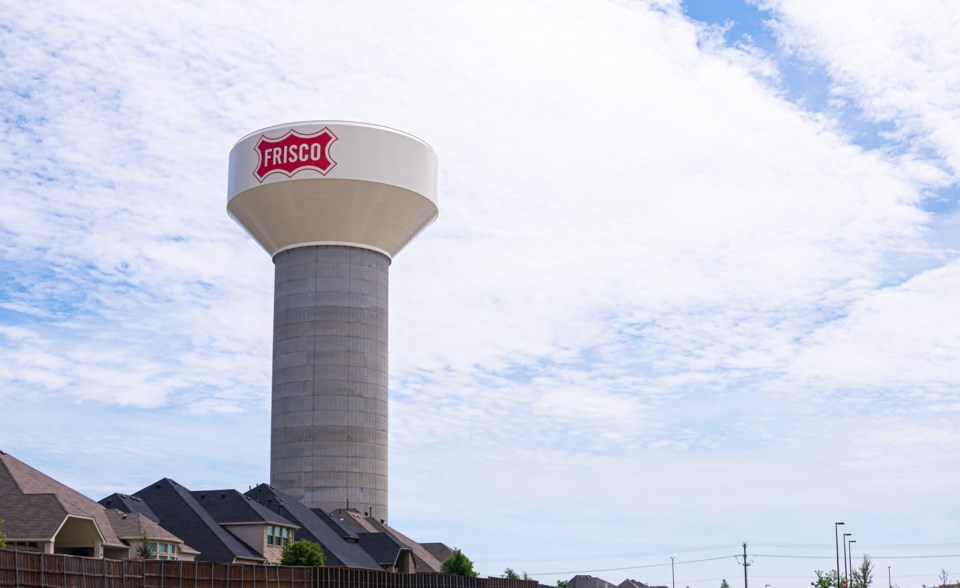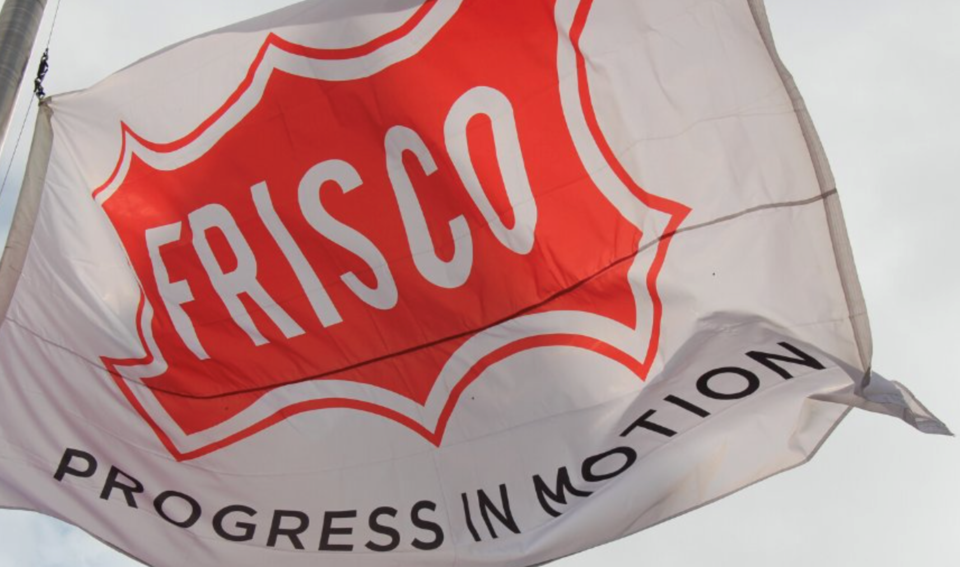Frisco leaders recently introduced a $304.8 million proposed budget for the 2025-26 fiscal year, aiming to balance steady tax rates with major investments in public safety, infrastructure and utilities.
The proposal, discussed at an Aug. 11 city council meeting, keeps the city’s property tax rate flat but still generates millions more in revenue due to growth.
Flat Tax Rate, Rising Revenues
The proposed tax rate remains at $0.425517 per $100 valuation. Thanks to new property developments and higher property valuations, the budget anticipates $6.2 million more in property tax revenue than last year, a 3.2% increase without raising the rate.
Though, city staff recommend raising water rates by 9% and sewer rates by 15% to offset higher operational costs. Recycling rates would also rise by $1 for residents, commercial fees by 5% and stormwater rates by 20%.

Boosting Public Safety And City Services
The plan funds 62 new city positions, with 51 of them — costing $3.4 million — coming from the general fund. Another $5.4 million is earmarked for merit-based raises, market adjustments and step increases for police and fire employees.
The Frisco Police Department is set to gain 13 new positions, including a detective and a traffic officer, supported by a $79.9 million budget. Public works, with a proposed $22 million allocation, would hire four more employees, including right-of-way inspectors and signage technicians.
State Rules Limit Local Control
City Manager Wes Pierson noted in the budget report that state legislation increasingly restricts how cities like Frisco can plan for growth and fund improvements. These state-imposed limits strip away the flexibility Frisco needs to address its unique challenges, shifting critical decisions away from the residents and businesses most affected. Financial restrictions don’t reduce costs — they simply force cities into difficult trade-offs that may clash with local priorities.
“While this budget is rooted in prudent local decision-making, state legislative actions increasingly limit the ability of cities to plan and invest effectively,” Pierson said in the budget report. He pointed to limits on regulating building materials, controlling multifamily housing development and raising operational revenues.
Over time, these constraints could ripple through city operations, leaving future councils to choose between reduced services, delayed infrastructure projects or fewer public safety resources in order to comply with one-size-fits-all rules. Such limits make it harder to plan ahead, maintain high-quality services and manage growth in ways that reflect community expectations.
Public Input And Timeline
Residents will have two opportunities to weigh in during public hearings on Aug. 19 and Sept. 2. The final council vote is scheduled for Sept. 16, with the budget taking effect Oct. 1.
Don't miss anything Local. Sign up for our free newsletter.




